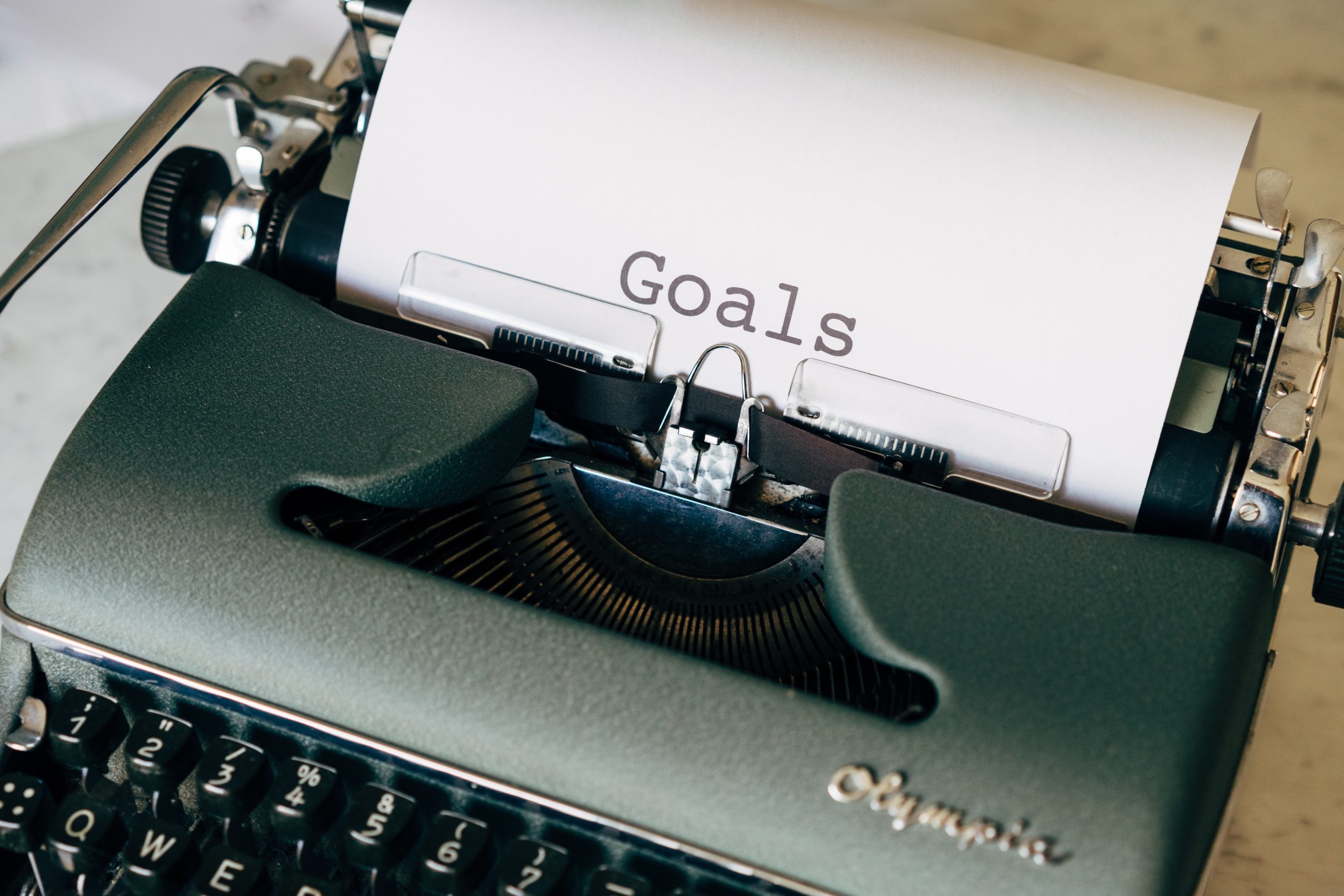One of the most challenging—but most useful—aspects of career planning is figuring out what skills you need to develop to advance your career.
To do this you need to build your own personal development plan which is a process that helps you define what is important to you, what you want to achieve, and what you need to improve and develop over time to reach these goals.
Let me give you an example.
A while ago, I was career coaching Angela, a 35-year old project coordinator with a high-profile industry association.
Angela’s job was to manage the research and information gathering on various business issues and feed it back to senior management to help them form policy decisions. Typically, she would meet with this small group, present her findings, and recommend a course of action. While her recommendations were welcomed, what she found was that the discussion would often go down a path that Angela felt was not the best one.
When that happened, she wanted to speak up and express her opinion, but was reluctant to do so in front of senior managers. Often, she felt the wrong decision was made but what was more unsettling was that she was particularly disappointed in herself for not speaking up.
After consulting with co-workers and colleagues, it became clear that her lack of assertiveness was a major impediment to her career growth. In fact, most people described Angela as “one of the nicest people you would ever want to meet.” For most of her career, her pleasant manner and cooperative attitude worked well for her but in other cases it worked against her.
While coaching her, it became apparent that she would have to develop a higher level of assertiveness if she ever planned to move into a management role that involved leadership of people. Being able to express her opinion with confidence was a skill she needed to develop.
Here is a framework (a set of questions) you can use to build your own personal development plan. Answer these questions honestly:
A goal I have for the next year is:
This goal is important because:
The action steps I will pursue and my expected dates for completion are:
The obstacles I will encounter are:
The resources and support I will need to complete these steps are:
The structures I will use to motivate myself are:
How I will measure my progress:
Here are Angela’s answers as a point of reference.
A goal I have for the next year is:
To become more assertive—to stand up for what I believe in and not avoid conflict.
This goal is important because:
I believe I will be more respected at work when I stand up for myself.
The action steps I will pursue and my expected dates for completion are:
Look for opportunities to express opposing views in a constructive way (Fall 2017)
Enrol in a Toastmasters course (Winter 2018)
Join an outside board or committee in a volunteer capacity (Spring 2018)
The obstacles I will encounter are:
These actions will be outside my comfort zone. This will be difficult for me.
The resources and support I will need to complete these steps are:
Time availability outside work hours.
Reading material around conflict management.
Support of senior management.
The structures I will use to motivate myself are:
Attend a weekly Toastmasters meeting (will establish a buddy system with a classmate).
Maintain a daily log of situations I encounter and how I respond.
How I will measure my progress:
Feeling more comfortable in situations and more confident overall.
When the CEO has enough confidence in me to lead one of our regular monthly meetings.
